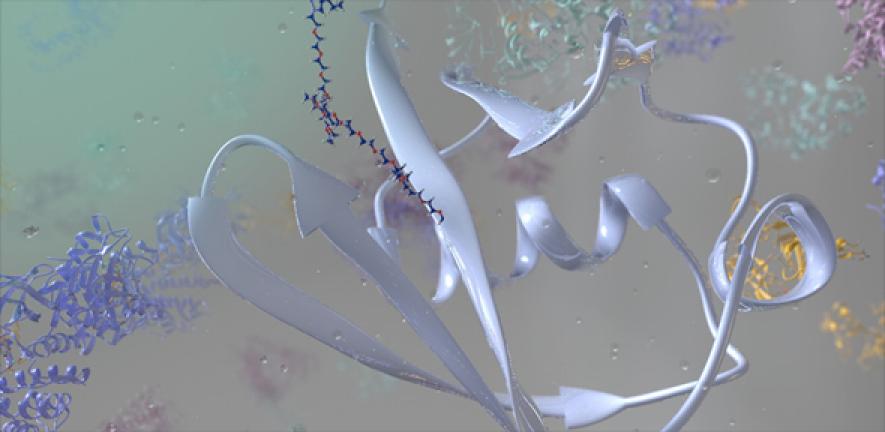
Current methods of antibody-drug bioconjugation are based on maleimide chemistry. But the resulting conjugates often undergo thiol-exchange reactions while in circulation, which leads to the premature release of the drug. Gonçalo said: “If this happens, the drug is released prematurely which not only limits the efficacy of the treatment but also leads to side-toxicity”.
Therapeutic protein/antibody-drug conjugates built using carbonylacrylic derivatives that selectively modify cysteine residues are highly stable in plasma. Gonçalo said: “By making antibody-drug conjugates more stable in the circulation we know the drug is only going to be delivered in the site of disease.” The work raises important questions and possibilities regarding the delivery of cytotoxic drugs, particularly during cancer treatments or therapy.
Reference
‘Stoichiometric and irreversible cysteine-selective protein modification using carbonylacrylic reagents,' Barbara Bernardim et al, Nature Communications, Oct/Nov 2016: 10.1038/ncomms13128

